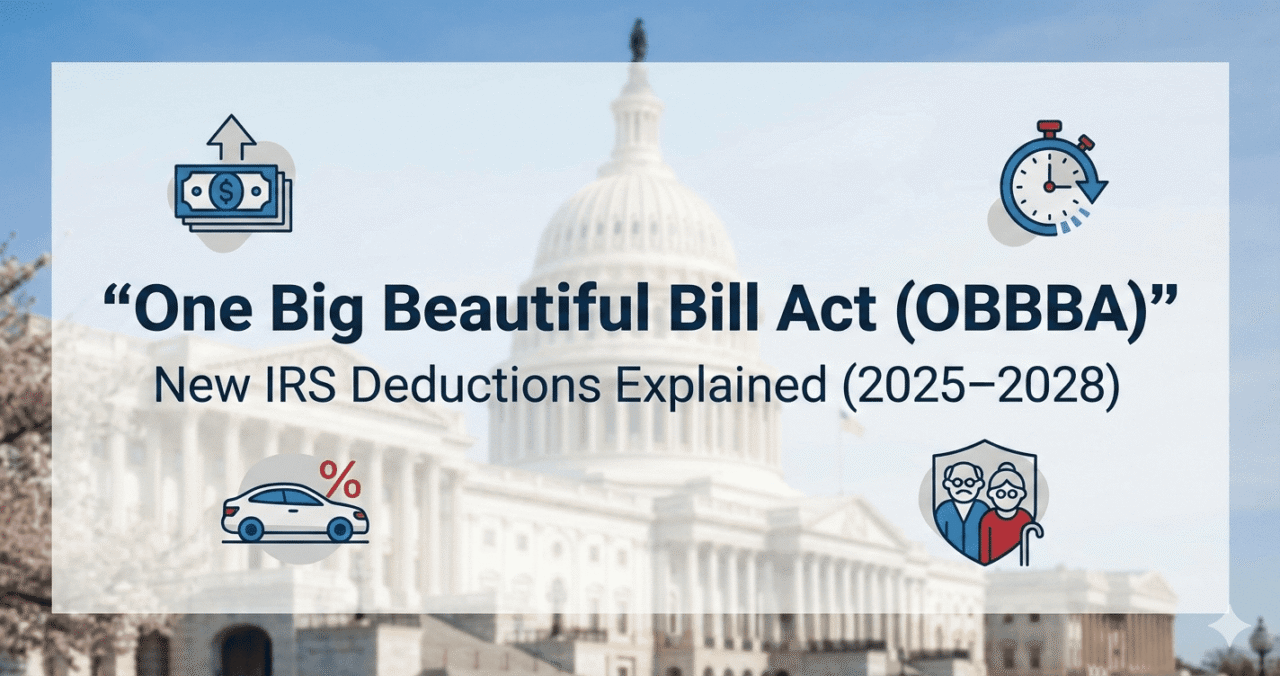Retirement Age in the United States is based on a combination of Social Security rules, 401(k)/IRA withdrawal ages, and Medicare eligibility. But in 2025, many updates and policy changes have created confusion for Americans planning retirement.
This complete, original Viral Kidda guide explains the official retirement age, charts, penalties, delayed credits, tax rules, and withdrawal ages — in a simple and clear format.
We have also added verified external links from official US government websites so you can check facts directly.
⭐ Section 1: What Is the Official Retirement Age in the USA?
The Full Retirement Age (FRA) depends on your year of birth.

According to the U.S. Social Security Administration (SSA):
FRA ranges from 66 to 67.
🔗 Official reference:
https://www.ssa.gov/retirement/full-retirement-age
📊 Full Retirement Age (FRA) Chart – 2025
| Birth Year | Full Retirement Age |
|---|---|
| 1943–1954 | 66 years |
| 1955 | 66 + 2 months |
| 1956 | 66 + 4 months |
| 1957 | 66 + 6 months |
| 1958 | 66 + 8 months |
| 1959 | 66 + 10 months |
| 1960 or later | 67 years |
If you were born in 1960 or after, your retirement age is 67.
⭐ Section 2: Early Retirement (Age 62) — Pros & Penalties
You can start Social Security at age 62, but with a permanent reduction.
The SSA confirms:
- Up to 30% reduction if you claim early (for people with FRA = 67)
🔗 Official early reduction chart:
https://www.ssa.gov/benefits/retirement/planner/agereduction.html
✔ Advantages:
- You get payments earlier
- Can help if you stop working early
- Useful for health issues / layoffs
❌ Disadvantages:
- Permanent reduction
- Lower lifetime payout
- Spousal benefits also affected
⭐ Section 3: Delayed Retirement (Up to Age 70)
If you delay taking benefits after FRA, you get a bonus called Delayed Retirement Credits.
✔ Increase: 8% per year
✔ Max increase ends at age 70
🔗 Official delayed credit information:
https://www.ssa.gov/benefits/retirement/planner/delayretirement.html
⭐ Section 4: Medicare Retirement Age (65 Years)
Regardless of Social Security rules:
- Medicare starts at age 65
Even if you delay benefits, you must sign up for Medicare to avoid late penalties.
🔗 Medicare enrollment details:
https://www.medicare.gov/basics/get-started-with-medicare
⭐ Section 5: 401(k) & IRA Withdrawal Ages
Retirement accounts have different rules.
✔ Age 59½
You can withdraw from:
- 401(k)
- 403(b)
- Traditional IRA
without a 10% penalty.
🔗 IRS early withdrawal rules:
https://www.irs.gov/retirement-plans/plan-participant-employee/retirement-topics-early-distributions
✔ Age 73
You must take Required Minimum Distributions (RMDs).
🔗 IRS RMD Requirements:
https://www.irs.gov/retirement-plans/required-minimum-distributions-rmds
⭐ Section 6: Social Security Retirement Calculator (Table)
📘 Benefits difference example (FRA = 67)
| Claim Age | Adjustment | Effect |
|---|---|---|
| 62 | −30% | Biggest reduction |
| 65 | −13.3% | Moderate cut |
| 67 | No reduction | Full benefit |
| 70 | +24% | Maximum benefit |
This helps estimate what age gives you the best lifetime value.
🔗 SSA Benefit Estimator (official):
https://www.ssa.gov/benefits/retirement/estimator.html
⭐ Section 7: Life Expectancy & Retirement Planning
The U.S. life expectancy as per CDC data:
76.4 years (2024 estimate)
🔗 CDC life expectancy report:
https://www.cdc.gov/nchs/fastats/life-expectancy.htm
This means delaying benefits may yield more total lifetime income for people who expect to live longer.
⭐ Section 8: Why Is the US Retirement Age Increasing?
Because of:
- Increased life expectancy
- Social Security fund pressure
- Economic sustainability
The Congressional Budget Office (CBO) has already proposed further increasing FRA in the future.
🔗 CBO Policy Options:
https://www.cbo.gov/budget-options/60913
⭐ Section 9: Final Summary — What Age Should You Retire?
✔ Best for maximum money: 70
✔ Best for balanced life & money: 67
✔ Best for early need: 62
✔ Medicare: 65
✔ 401(k)/IRA penalty-free withdrawals: 59½
Choosing depends on:
- Health
- Job stability
- Savings
- Expected lifespan
- Social Security strategy
Looking for more exciting, trending, and fast-moving stories? Dive deeper into Viral Kidda, where every blog brings a fresh spark of curiosity and keeps you ahead of the trend. Whether it’s breaking news, useful guides, viral topics, or must-read updates, we’ve got plenty more waiting for you. Don’t stop here — explore more blogs, discover hidden gems, and stay connected to what’s buzzing right now. Your next favourite read is just one click away. Keep scrolling, keep exploring, and let Viral Kidda bring you the stories that matter before they go viral!
✅ US Retirement Age – Frequently Asked Questions (FAQ)
1. What is the full retirement age in the United States?
The Full Retirement Age (FRA) depends on your birth year. For everyone born in 1960 or later, the FRA is 67, according to the Social Security Administration (SSA). People born in the 1950s fall between 66 and 66 years 10 months.
2. What is the earliest age I can claim Social Security benefits?
You can claim retirement benefits as early as age 62, but doing so permanently reduces your monthly benefits by up to 30%.
3. Is delaying retirement beyond age 67 beneficial?
Yes. If you delay claiming Social Security past your FRA, you earn Delayed Retirement Credits, increasing your benefit amount every year until age 70.
4. Can I work while receiving Social Security retirement benefits?
Yes. You can work and receive Social Security at the same time.
However, if you claim before your full retirement age, your benefits may be temporarily reduced if your yearly income crosses the SSA earnings limit.
5. How do I check my Social Security earnings and retirement estimate?
You can view your estimated benefits and full earnings record by creating a my Social Security account at SSA.gov. This allows you to track credits, retirement age, and benefit calculations.
6. Does life expectancy affect the best retirement age?
Absolutely. Many Americans delay retirement to maximize lifetime income. If you expect a longer lifespan or have a healthy lifestyle, waiting until 70 often provides the highest payout.
7. What is the difference between early retirement and full retirement?
- Early retirement: Claiming benefits between age 62–66/67, which reduces monthly payments.
- Full retirement: Claiming at FRA (66–67 depending on your birth year).
- Delayed retirement: Claiming at 68–70, which offers the highest benefit amount.
8. Can I still get Medicare at age 65 if I retire early?
Yes. Medicare eligibility still begins at 65, regardless of when you retire or when you claim Social Security benefits.
9. What documents do I need to apply for retirement benefits?
Typically:
- Your Social Security number
- Birth certificate
- Tax records
- Bank direct deposit details
- Proof of US citizenship or legal status (if applicable)
10. Are US retirement age rules changing in 2025?
As of the latest verified updates, the retirement age is not changing for 2025.
FRA remains 67 for people born in 1960 or later.
(Refer: https://www.ssa.gov/benefits/retirement/)











